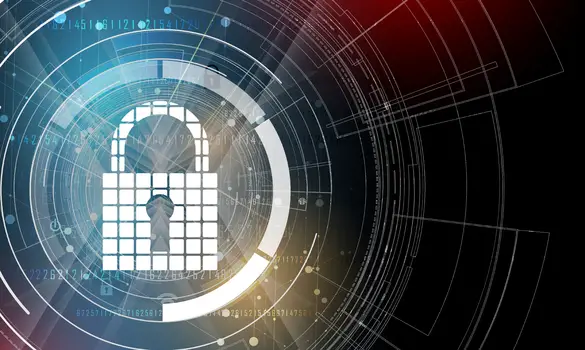Mitigating cyber security risks in an office or business has become one of the biggest challenges for the corporate world. In fact, a Clark School Study showed that a hacker attack takes place every 39 seconds for computers and devices with internet access in the world. And with over 3 million records stolen since the year 2013, there is an urgent need to safeguard all your communication sources and securing the internet connection.
However, with medium to big businesses, especially for remote teams, it becomes almost impossible to manage the exposure of devices to potentially dangerous networks all the time. In such cases, there are some tips to ensure that your remote team can keep your data secure, regardless of their location of working.
Nail Down Strict Policies
Initiatives such as BYOD (bring your own device) allow the use of USB drives and other such devices by remote workers. But, it is important to understand that these are devices are most vulnerable to cyber attacks, especially when they are not connected to a business network.
Policies like, not using personal accounts and emails on office devices and vice versa can prove to be safe work practices in the long run. In order to secure the devices of remote employees further, you can use standard security softwares along with maintaining good computer hygiene by keeping the software in all the devices updated to the latest versions. This can be an expensive scheme to enforce but it is important and worth it.
Virtual Private Networks
Popularly known as VPNs, these networks are programs that form encrypted and safe connections over business networks that are assumingly vulnerable or less secure. These networks are perfect to be used by remote employees who frequently use public or unsafe networks to work, such as in coffee shops or mall hotspots etc.
A VPN does basically what a firewall does, it protects your device’s online data processing without any compromise in the front end’s functionality and appearance. By combining connections and encryption protocols to construct virtual P2P connections, VPNs keep data hackers from accessing any kind of transmitted data.
Deploying The Right Technology
Using the best quality and most reliable firewalls, VPNs and antiviruses are stated requirements when it comes to ensuring the data security for remote workers. Although there are other programmes which are used by employees on a regular basis, such as software for communication, document sharing, collaborative working, etc. And data exchange takes place in every case.
Deploying the software with the safest technology and best encryption is a must. For instance, collaborative working software such as virtual whiteboards like HuddleBoard, communication software like Skype, document sharing software like Google Drive, etc are some of the safest choices for remote employees.
Monitoring Data Usage
Monitoring the data usage with the help of reliable software allows you to ensure that there are no potential threats or risk of data theft. For instance, employees can be provided access to employer-managed applications in their mobile devices to read emails or make work calls.
Over To You
Even when you are not investing a large amount of time and capital in ensuring data security for your employees, there are some easier methods of operations which can be put into practice on a regular basis such as,
- Using cloud service for document control management, sharing and storing
- Additional contingency plans for emergency situations or risk management.
- Using proxied connections.
No one security measure can ensure complete safety against malware and breaches, however, having a well-suited variety of software can keep your crucial data much guarded.
Therefore, having stricter device usage policies in place to limit network vulnerabilities substantially is critical for you to manage your remote teams in a better and safer way.
 Business First Family Business, Accounting, Finance, Investing, Marketing And Management
Business First Family Business, Accounting, Finance, Investing, Marketing And Management
